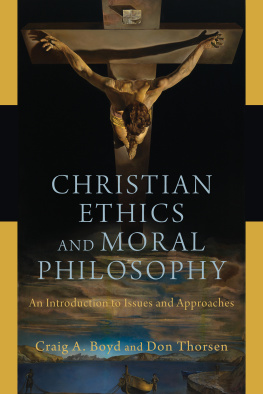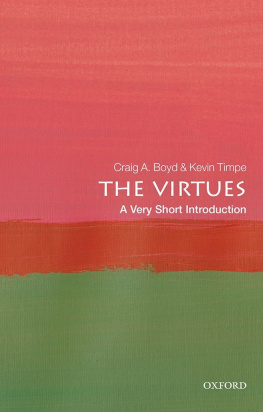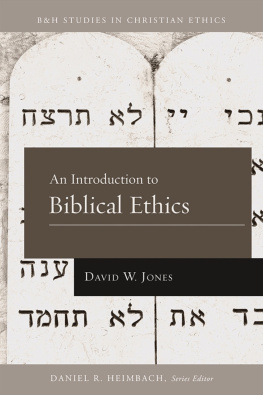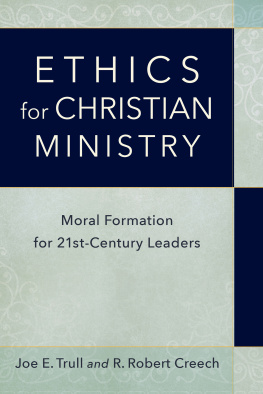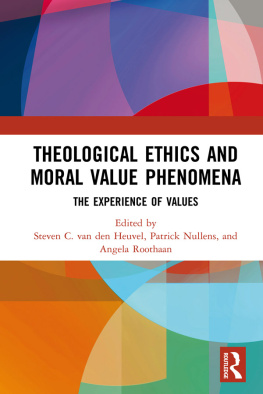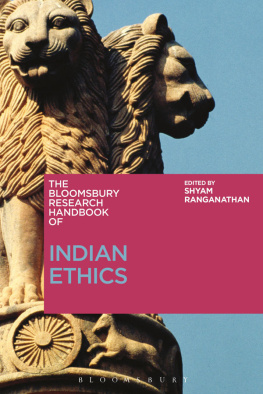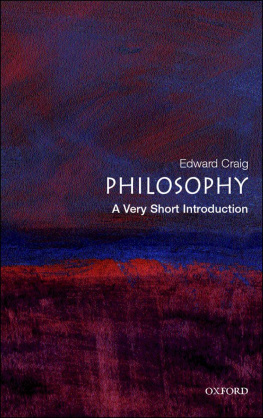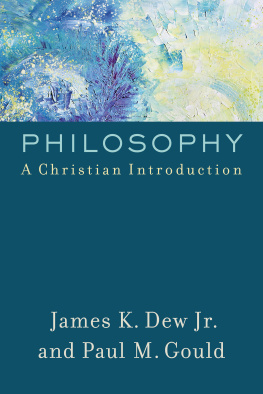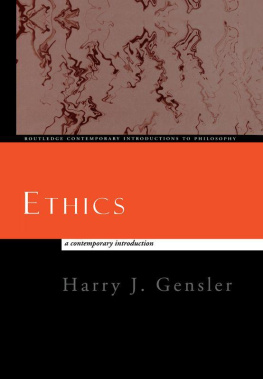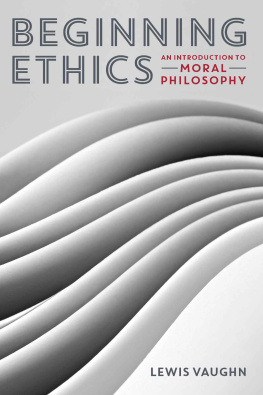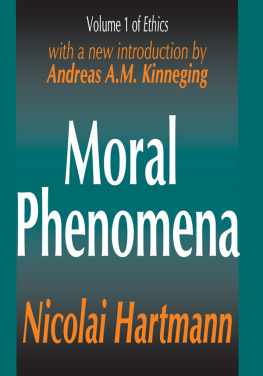1. Varieties of Ethics and Moral Thought
2. Ethics in the Hebrew Scriptures
3. Ethics in the Christian Scriptures
4. Divine Command Theory
5. Natural Law Ethics
6. Individualistic Ethics
7. Kantian Ethics
8. Utilitarianism
9. Continental Ethics
10. Virtue Ethics
ONE
Varieties of Ethics and Moral Thought
Men go abroad to admire the heights of mountains, the mighty waves of the sea, the broad tides of rivers, the compass of the ocean, and the circuits of the stars, yet pass over the mystery of themselves without a thought.
Augustine, Confessions
Words to Watch
| agapistic ethics | ethics | moral theology |
| analytic ethics | general revelation | narrative ethics |
| applied ethics | imago Dei | natural law ethics |
| biblical ethics | metaethics | normative ethics |
| consequentialism | morality | quadrilateral |
| cultural relativism | moral philosophy | relativism |
| deontological ethics | moral relativism | special revelation |
| divine command ethics | morals | virtue ethics |
Introduction
Ethics is a term that usually refers to the academic study of morals and moral systems. We rarely appeal to the general idea of ethics but most often appeal to some specific account that we have in mind, as indicated by the use of a modifier. We might, for example, speak of professional ethics or personal ethics. These modifiers help us to be more precise with our discussions. We can also talk about the various approaches that people throughout the world adopt with regard to ethics, given their own religious, cultural, and philosophical commitments. As a result, there are Buddhist ethics, Jewish ethics, Hindu ethics, Muslim ethics, Maorian ethics, and Christian ethics.
There are also specifically philosophical approaches to ethics, including Kantianism, utilitarianism, contractarian ethical approaches, ethical relativism, continental ethical approaches, feminist ethics, natural law ethics, natural rights ethics, and virtue ethics. These lists are not exhaustive, but they show that we need to have some qualifications on the term ethics. This book is about the relationship between two kinds of ethics: the theories of ethics found in philosophy and approaches found in Christian ethics. It is a conversation between philosophical ethical theories and the Christian tradition that many of these philosophical theories either emerged from or argued against.
What Is the Difference between Morality and Ethics?
We can begin by making an important distinction between morality and ethics. Morality concerns the principles and teachings about right and wrong that organize a group of people. These include, for example, prohibitions against lying, murder, and theft, as well as exhortations to honor ones parents and give aid to those who are suffering. All human communities practice morality in one way or another. Yet not all people take the time to think about the nature of these principles: why they apply, how they apply, and what motivates us to abide by them. Such reflection is the work of ethics, which requires asking important questions about the morality we practice. A contemporary definition of ethics , therefore, is the thoughtful reflection and evaluation of various systems of morality around which people organize their lives. We can see this distinction at work in an experience from the life of Augustine (354430), who is one of the most important philosophical and theological figures in the Christian tradition.
In his spiritual autobiography, Confessions , Augustine recounts the story of how he stole some pears from a neighbors orchard. companions in crime. Augustine reflects that, had it not been for his morally suspect friends, he never would have stolen the pears, but there was a certain social dynamic that influenced his behavior. Years later Augustine still found occasion to reflect on this seemingly unimportant event to ask why he did what he did. What did he find pleasurable in the experience? To what extent was he personally responsible for his actions? To what extent can we place the blame for our sinful actions on other people?
In this brief narrative from the life of Augustine, we can see the difference between morals and ethics. Morals are the collective values we live bythe values we ascribe to certain activities and goods. Companionship is a value, but so too are self-restraint and respect for property that belongs to others. Augustines morals as a young man had more to do with his desire for acceptance and pleasure than with a concern for integrity and respect. Some people value money above all else, while others see a life of self-sacrifice as most valuable. Some people pursue pleasure at all costs, while still others believe that honesty in all circumstances is to be valued. The point here is that all people have morals since we all value some behaviors over others. Yet we not only judge some moral behaviors as better than others; we also judge some moral systems as better than others. We can ask whether we were justified in some action, whether our intentions were the appropriate ones in a given situation, and whether we followed the guidance of our conscience. These and other questions begin the process of systematic reflection on moralsor what we call ethics.

